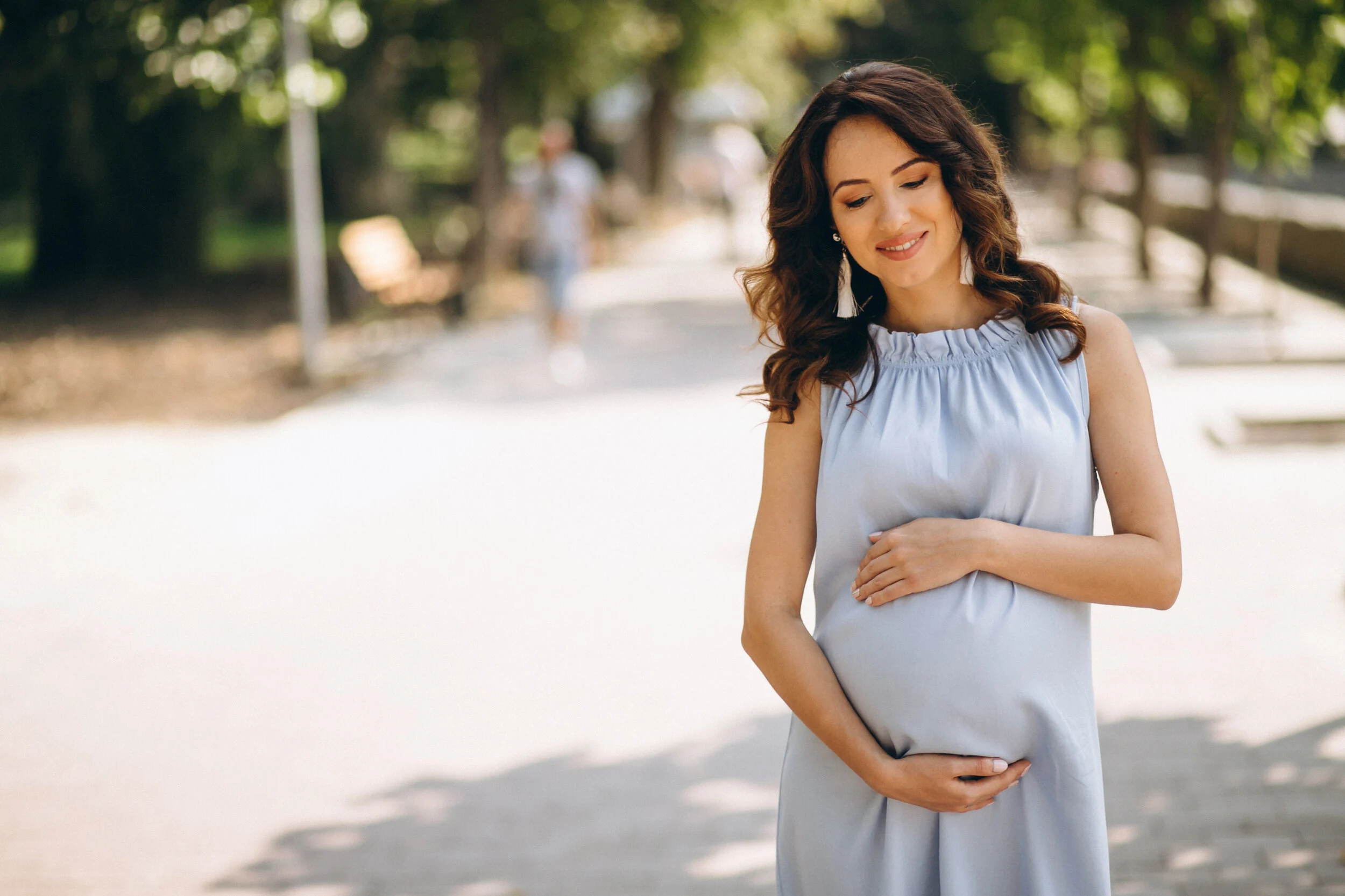Once upon a time, the term “Geriatric Pregnancy” was replaced by the softer “Advanced Maternal Age.” However, it seems that the medical community has decided to resurrect the more alarming term, perhaps believing that “advanced” wasn’t quite enough to emphasize the age of a woman’s uterus. After all, if you’re carrying a baby at 38 or 40, you might as well be reminded that your reproductive system has seen better days.
Having welcomed my first child at 38 and my second at 40, I’ve experienced the stress that comes along with being labeled as “advanced maternal age.” While both of my pregnancies were smooth and my babies are thriving, the constant reminders about potential complications really took a toll on my peace of mind. Now it appears that “geriatric pregnancy” is back in vogue, perhaps intended to give us a more vivid picture of our aging anatomy. No one wants to hear that their body is “old,” but it seems that’s precisely the message being sent.
What’s the Deal with “Geriatric Pregnancy”?
For years, doctors used this term to describe pregnancies in women over 35, only to switch to the more palatable “advanced maternal age” because, let’s face it, who wants to feel downright terrible about their choice to start a family later in life? Apparently, the medical community recognizes that women’s mental health should matter, yet they continue to trot out terms that make expectant mothers feel like they’re on borrowed time.
Imagine walking into your prenatal appointment and seeing the term “Elderly Multigravida” on your chart. You’d probably panic, thinking you’re not just older but also facing some critical health issue. In reality, it simply means you’ve had more than one pregnancy and are over 35. Still, that label carries the weight of societal expectations and can be downright unsettling.
Interestingly, more women are embracing motherhood later in life, with over half a million babies born to moms aged 35-39 last year and over 111,000 to those aged 40-44. Yes, age can bring certain risks, but labeling a healthy pregnancy as “geriatric” doesn’t help anyone. It’s crucial that healthcare providers approach this with sensitivity. “I try not to use the term ‘high risk,’” says Dr. Emily Carter, an obstetrician specializing in maternal care. “Labels can create unnecessary anxiety for patients.”
We should be celebrating women in their 30s and 40s who are having healthy pregnancies, not scaring them with outdated terms that evoke a sense of urgency or dread. There are many resources available for those considering pregnancy later in life, such as Make a Mom, which offers valuable information on how to prepare for motherhood. For more insights into fertility and pregnancy, check out Facts About Fertility, an excellent resource tailored for expectant parents.
Conclusion
In conclusion, it’s time to reconsider the language we use around pregnancy and age. Let’s support women and celebrate their journeys without adding unnecessary pressure. After all, motherhood is a beautiful adventure at any age.
